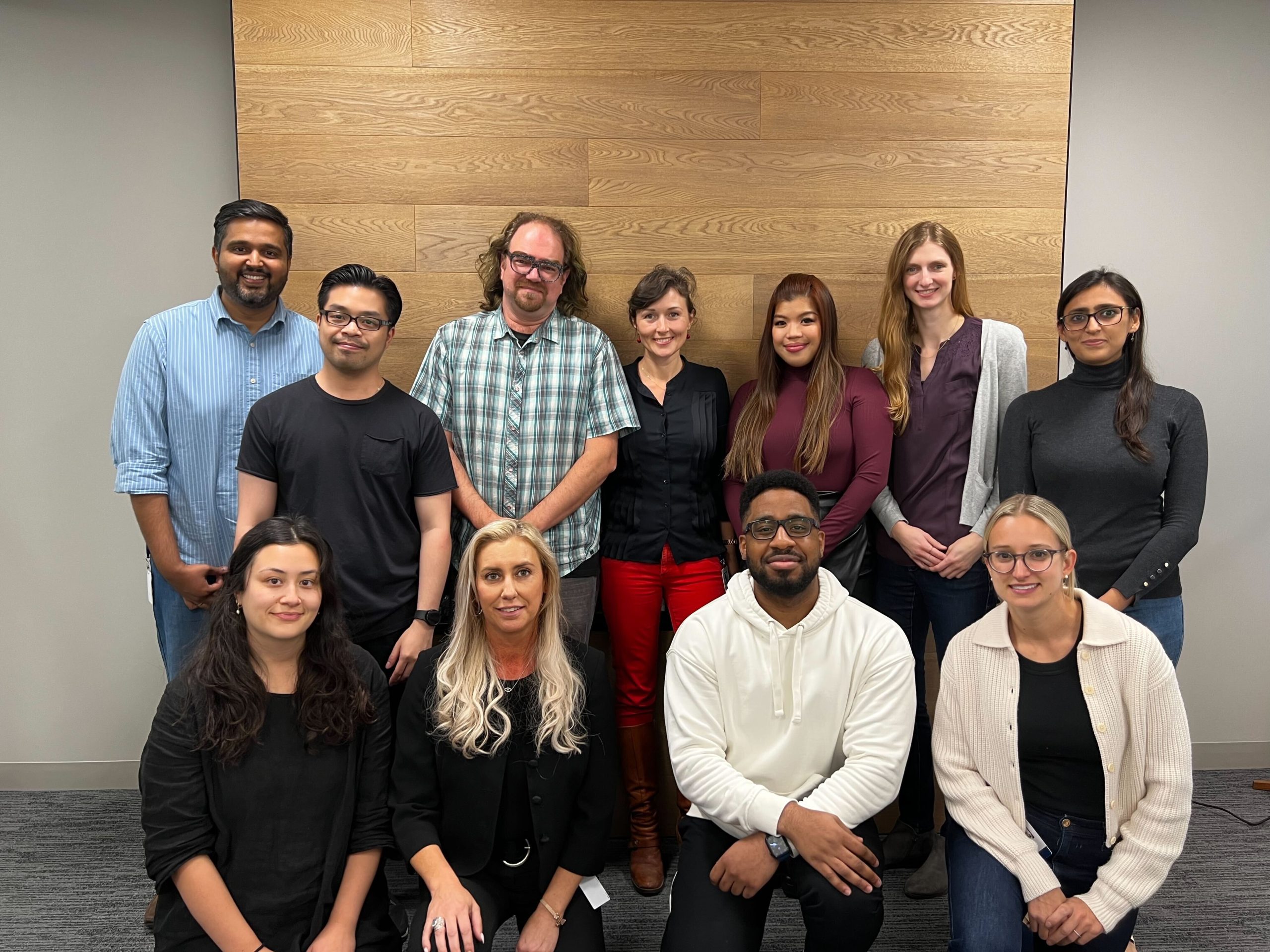Leaving behind your loved ones and moving to a new country is stressful enough. But when you have to adhere to additional government guidelines and procedures in a rapidly changing global pandemic scenario, that brings another level of anxiety and stress. As countries strive to contain the disease and flatten the curve, no matter where you live, social distancing, self-isolation and good hygiene practices are now part of our everyday routine and the ‘new normal’ for most.
Government initiatives + public support = winning situation for all
As part of increased efforts to manage and limit the COVID-19 (also called Coronavirus) outbreak in Canada, in several provinces and territories, governments have implemented active measures such as travel restrictions, social distancing requirements, and have asked businesses to enable their employees to work from home or have flexible work arrangements.
If you’re a newcomer who has recently landed in Canada, as you try to settle-in in this uncertain time, having access to authentic and reliable resources to guide you becomes increasingly important. In our previous article, we’ve shared basic must-know information about COVID-19 along with federal and provincial responses, and we’ve also compiled some useful websites you can refer to for staying up-to-date on the situation.
Spending all your time indoors and staying away from social interactions may feel very annoying, frustrating, irritating or boring, especially as a newcomer in Canada. But there are things you can do while we all collectively wait to get back to life as we knew it:
Take your time with completing landing formalities
As a newcomer, you may be concerned about certain landing formalities like getting your Social Insurance Number (SIN), applying for provincial or territorial photo ID and health insurance, or even getting your driving license.
To ensure the health and safety of the staff and the public at large, many Service Canada Centres and provincial government offices like ServiceOntario are no longer accepting in-person applications and authorities are urging people not to visit unless completely necessary. Most government offices now have online processes and you can complete most of your landing formalities through their websites.
Get insured, know your options
Depending on the province or territory you reside in, there may be a waiting period before you are eligible for public health insurance in Canada. Most newcomers choose British Columbia (B.C.), Ontario, Alberta or Quebec as their landing destination. Some provinces, such as Ontario, have waived off the three-month waiting period for provincial health insurance, so you’re covered from the day you land. Be sure to check the eligibility requirements in the province or territory where you reside.
Given the developing situation around COVID-19 and the need for medical assistance, it’s important to have health insurance for yourself and your family. While it is ideal to have some form of private or public health coverage, there’s no reason to worry if you’re currently in the waiting period for provincial insurance and don’t have any other health coverage. Exceptions are being added, existing regulations are being modified every day, and the government has assured that anyone needing healthcare would get it. So keep checking government and news sites for updates.
For non-emergency cases, all provinces and territories in Canada offer free health advice or information via phone. In most provinces and territories, you can dial 811 to be connected with a health-care professional; British Columbia has HealthLinkBC, and in Ontario, this system is known as Telehealth Ontario. Note that the purpose of these health lines is not to diagnose illness or hand out prescriptions but to help you decide if you can handle the problem yourself or if you should seek medical advice from a doctor.
If you find yourself in need of care, without insurance, and a health line suggests seeing a doctor, you can seek out community health centres (CHC) located across the country. While most CHCs accept provincial insurance, they are also an option for those who need it and are waiting for provincial coverage.
And lastly, if you have an emergency health situation and need urgent medical help, you can go to the emergency department of the nearest hospital or call 911. All calls made to 911 are free. However, please refrain from calling 911 for COVID-19 updates, as it is an emergency number only.
Care for your mental health and well-being
Being isolated from society can start to affect your mental health and well-being. For newcomers, since you’re in a foreign land, miles away from your friends and family, this situation can lead to more anxiety, irritation and stress, especially as you worry about your loved ones back home.
Know that it’s okay to be worried. You can try to stay calm by keeping in touch with your friends and family through phone or video calls. Plan out a routine to give your days some structure and try different things to see what works best for you. Focus on self-care: exercise, eat healthy, avoid spending all your time on the internet or watching television and get enough sleep.
These are uncertain times — there’s new information emerging every day and in accordance with those, authorities are constantly trying to implement guidelines, processes and measures for the benefit and welfare of all individuals.
We, at Arrive, are doing our best too, by sharing relevant content with the newcomer community. Our article, Newcomer employment in the time of Coronavirus (COVID-19), will provide some actionable items for both job seekers and those employed, to help them navigate this challenging period with confidence.





